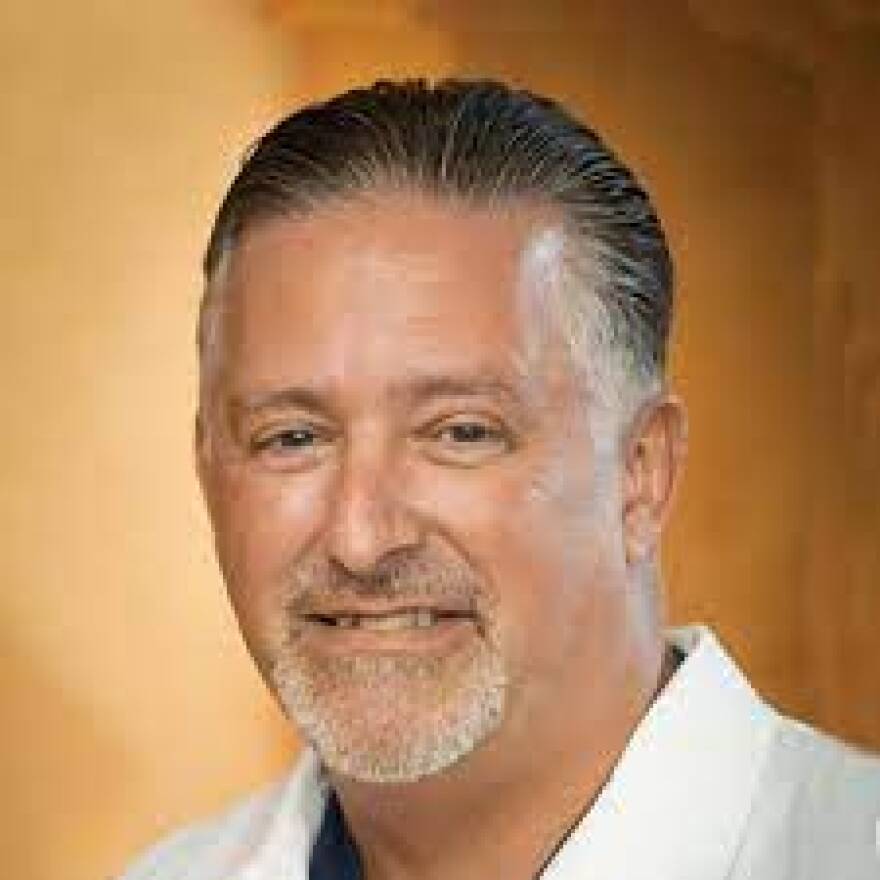Robotic surgery has made giant strides in recent years as a powerful tool in the operating room. That tool is now helping more patients than ever in Tallahassee.
Tallahassee Memorial Healthcare won a coveted honor recently. The Surgical Review Corporation, a non-profit accreditation body for surgical facilities and medical professionals, designated TMH as a "Center of Excellence" for robotic surgery. That brought this reaction from Dr. David Dixon, an obstetrics and gynecological practitioner who makes use of this technology a lot.
"This accolade of Center of Excellence allows us to really provide the patients with the safest and most technologically-advanced surgical procedures around."
Dr. Dixon said the advantages are clear.
"The goal, in women's health as well as general surgical advancement, has been to try and do surgeries that used to require larger incisions through much smaller incisions. You don't see general surgeons taking many appendixes or gall bladders out through huge incisions. They do it through small incisions and the same has evolved in women's health with many surgeries."
He said the reason for that, is simple.
"We're able to minimize the number of times we have to make large incisions, which is almost always in the patient's best interest. The robotics is just another way of performing laparoscopy, but allows the surgeon to do much more complicated surgeries laparoscopically than in the past."
Although Dr. Dixon does acknowledge the technology has made a few changes in his bedside manner.
"You're not at bedside anymore! You're sitting over in the corner at a console, using both of your hands in a way that the instrument is very similar to having your entire hands in the abdomen."
Much smaller and far more precise hands, he's quick to add. Dixon's TMH colleague, Dr. Brett Howard, is also a surgeon, specializing in oncology and trauma operations. He is likewise a huge fan of robotic surgery.
"It gives us a certain range of motion and accessibility in areas that can be more challenging. And with the robotic range of motion, you can suture and do things that you otherwise couldn't easily do, either laparoscopically or as an open procedure."
Even though robotic surgery has been around for decades, Dr. Howard occasionally runs into someone who fears the technology will fail, or even turn malevolent.
"In case people think, 'Robots! This thing has a mind of its own!' But it absolutely doesn't. The surgeon controls the robot the entire time. It's really an extension of the surgeon's hands and fingers. So it's not going to go 'rogue' on us. It's got plenty of safety features built-in. Plus it is only moving based on the surgeon's movement."
And, like his colleague Dr. Dixon, Dr. Howard is pleased and gratified by the national honors his hospital has received.
"We've gone from one robot, to two robots to now three. The sheer numbers and quality we've held ourselves to, it was great to be recognized as a Center of Excellence and I think as we move forward, robotics still has a great place in the medical field."

Robotic surgery is also offered across town at Capital Regional Medical Center. OB/GYN Dr. Shawn Ramsey has been working with the technology for nearly two decades. And he even remembers how things were before robots took their place in the operating theatre.
"Several years ago when we had to make large incisions and now we're doing things through 8-millimeter incisions. It cuts down risk of infection, bleeding and obviously, a lot of patients can get back to their normal lives much faster."
Often, incredibly faster.
"Where before with the other procedures they'd be in the hospital for 2 or 3 days after, they can (now) go home the same day."
...with less risk of healing complications, infection, and other nastiness. And Dr. Ramsey had a memorable metaphor on why, for many kinds of surgeries, robots are the best thing since general anesthesia.
"When I was in high school, I worked for a fence building company. And they taught me there are 3 ways to dig a hole to put a fence post in: a shovel, a manual post hole digger, or a backhoe with an auger. The robot is like that power tool that lets me do things faster and more precisely."
Considerations that also provide a considerable number of upsides for the patient who is actually undergoing the procedure.


